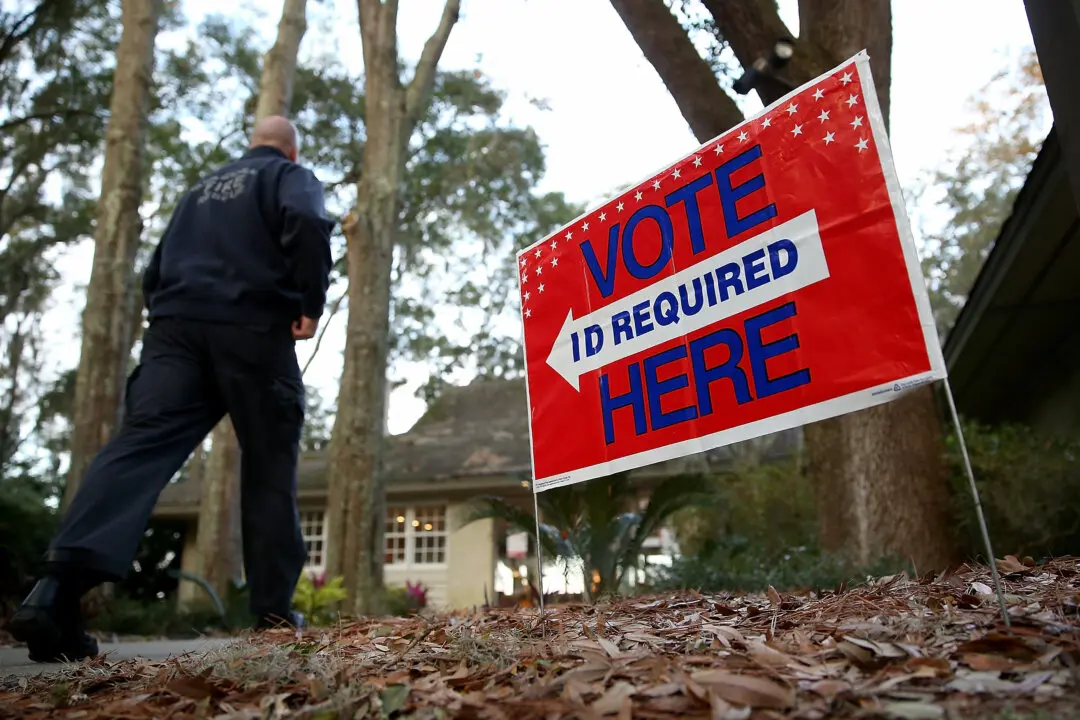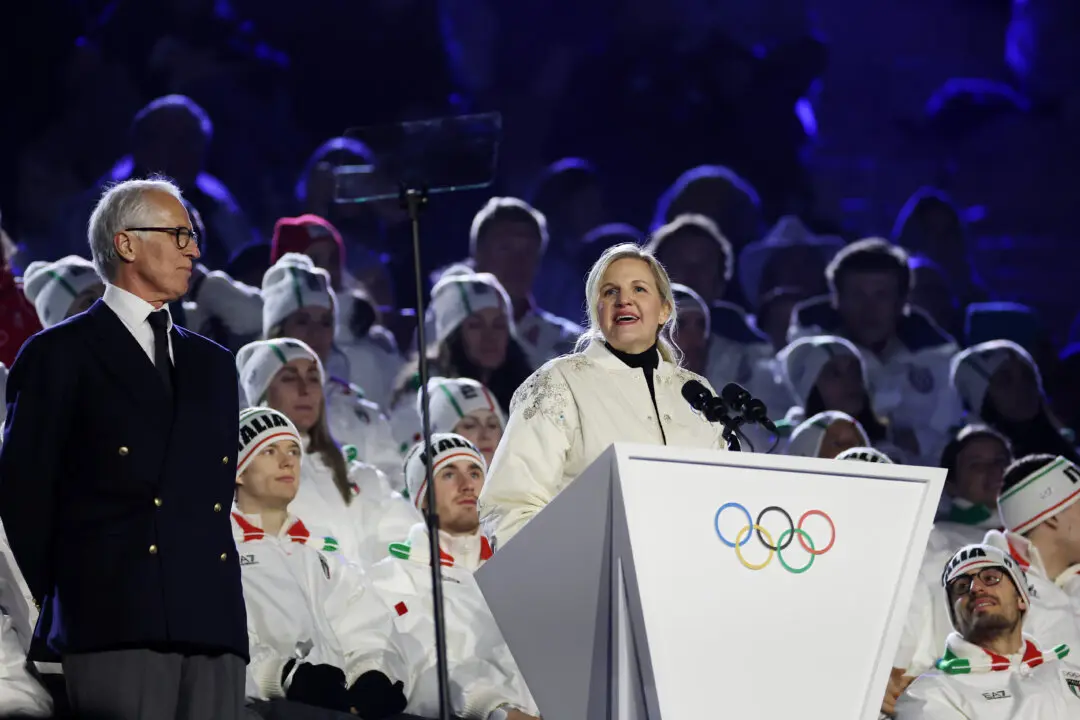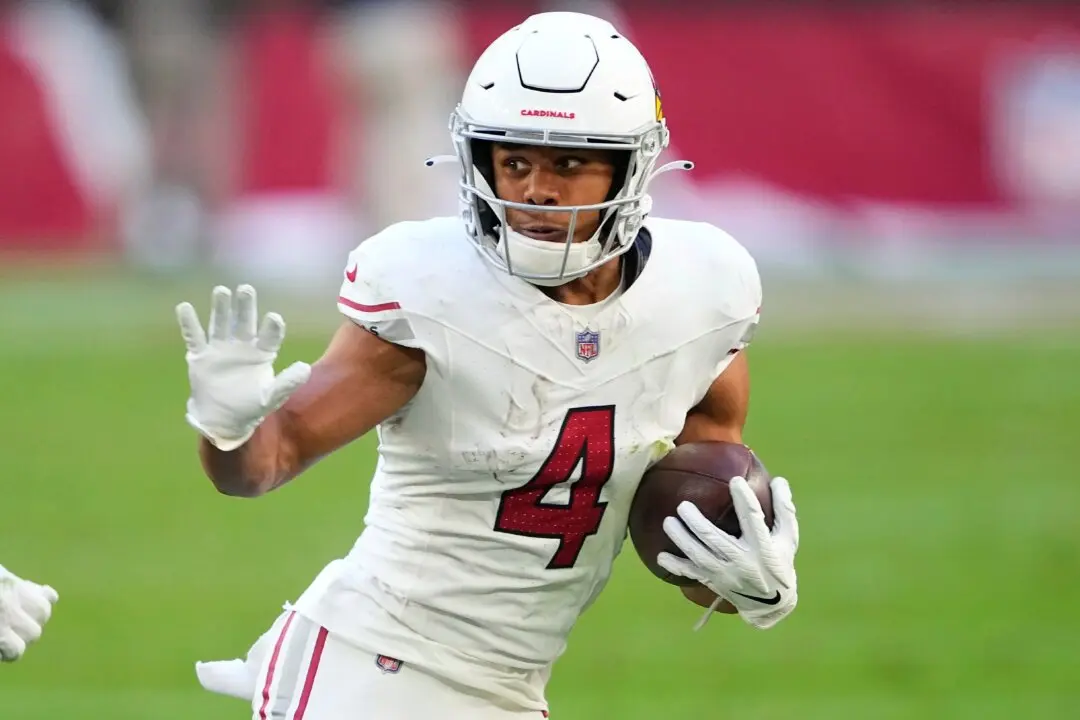VALDOSTA, Ga.—On the eve of Super Tuesday’s crucial primaries, a sharp new divide erupted between Republicans who pledge to fall in line behind Donald Trump if he wins their party’s nomination and others who insist they can never back the bombastic billionaire.
The fissure could have major implications beyond the primaries, exposing the looming challenges in uniting the party after the election, no matter who wins.
Nebraska’s Ben Sasse, a rising star among conservatives, became the first current senator to publicly raise the prospect of backing a third party option if Trump clinches the nomination. In a letter posted on Facebook late Sunday, Sasse urged Republicans to consider whether a party led by Trump would still represent their interests.
“If our party is no longer working for the things we believe in—like defending the sanctity of life, stopping Obamacare, protecting the Second Amendment, etc.—then people of good conscience should stop supporting that party until it is reformed,” he wrote.
The Associated Press asked Republican senators and governors across the country if they would support Trump if he secured the nomination. Just under half of those who responded would not commit to backing him, foreshadowing a potentially extraordinary break this fall.
“I am increasingly concerned by Donald Trump’s statements and behavior, and I have serious concerns about his ability to win the general election and provide presidential leadership,” Indiana Sen. Dan Coats said in a statement to AP.





